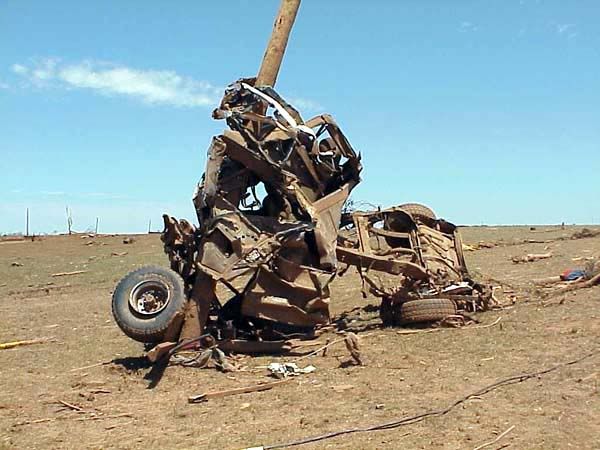I propose an experiment noknowes. Step 1: Drive a 1 ton truck at 55mph, use 1 joule of energy and press the brake and measure how long it takes you to stop the truck.
Step 2: Have a friend drive the same truck at the same speed straight at you. Hold your foot out and at the proper moment expend the same 1 joule of energy by moving your foot forward and pressing against the bumper of the truck. Have your friend report back with the happy results
The result of the experiment you ask? The average IQ level on the planet goes up.

Is that literally what he's arguing?
Is it really possible for someone to be that dumb? (Or to at the very least ignore things like hydraulics.)



